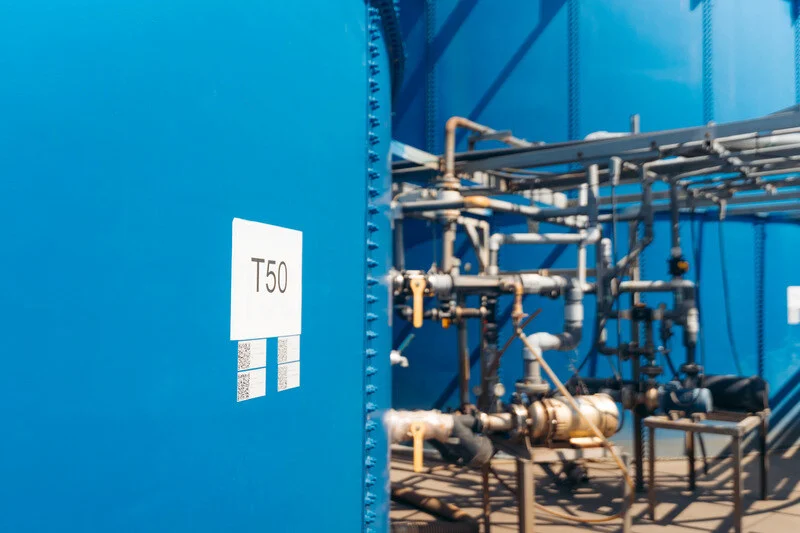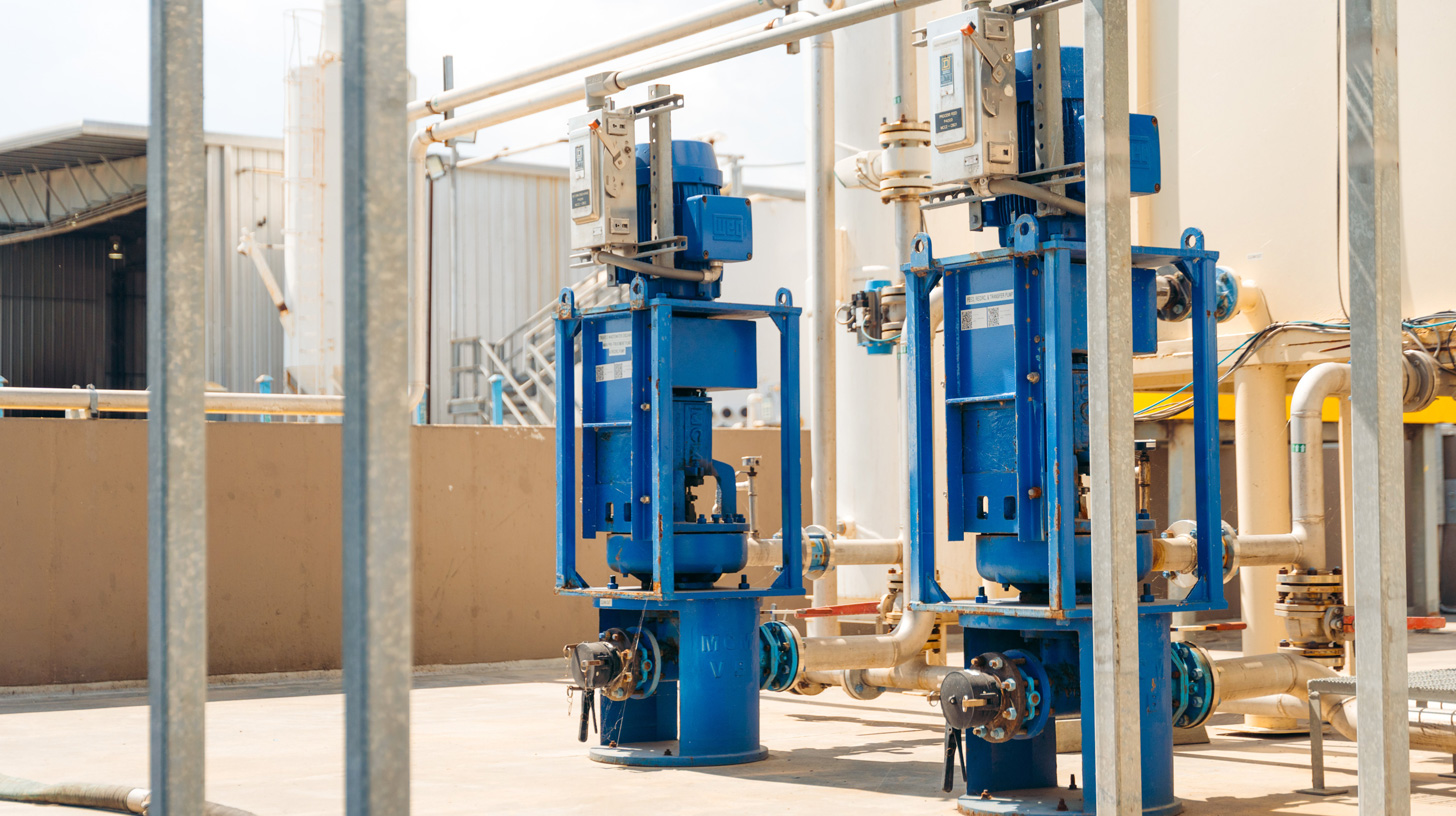Medical Waste Disposal
Comprehensive regulated medical waste processing services, including the safe disposal of regulated medical waste, pharmaceuticals, and other sensitive materials.
Medical Waste Disposal Services
Medical waste disposal service for hospitals, research facilities, behavioral health centers, clinics, and more. Our facilities are expertly equipped to help our customers with cost-effective and environmentally compliant waste processing methods. We are committed to offering efficient and safe solutions.
Chemotherapy Waste
Expert disposal with secure collection and safe transport. Advanced treatment ensures environmental protection. Full regulatory compliance from collection to processing.
Pathological Waste
Safe handling of sensitive biological materials. Trained professionals ensure proper disposal protocols. Customized solutions minimize environmental impact.
Pharmaceutical Waste
Secure destruction of expired and unused medications. Prevents contamination of water sources and ecosystems. Comprehensive tracking from collection to final processing.
Take The Next Step
Are You Ready To Work Today For Tomorrow's Environment?
Reach out to one of our of experts today.
Amlon News
Maximizing Value from Wastewater: A Practical Path to Sustainability
May 6, 2025
The Challenge of Industrial Wastewater Management In oil, gas, and chemical manufacturing operations, industrial wastewater management represents both a significant operational challenge and a compliance ...
New Wastewater Processing Capabilities at Our Amlon Golden Triangle Treatment Plant
October 8, 2024
In February of 2024, The Amlon Group completed the acquisition of Amlon Golden Triangle, previously EcoWater Industries LLC. This facility is a fully permitted Non-Hazardous Centralized ...
The Circular Economy: Maximizing Sustainability Through Valued Metals Recovery
September 30, 2024
Metals such as molybdenum, nickel, cobalt, and vanadium are vital to heavy manufacturing, powering processes for electronics to chemical production and oil and gas refining ...


